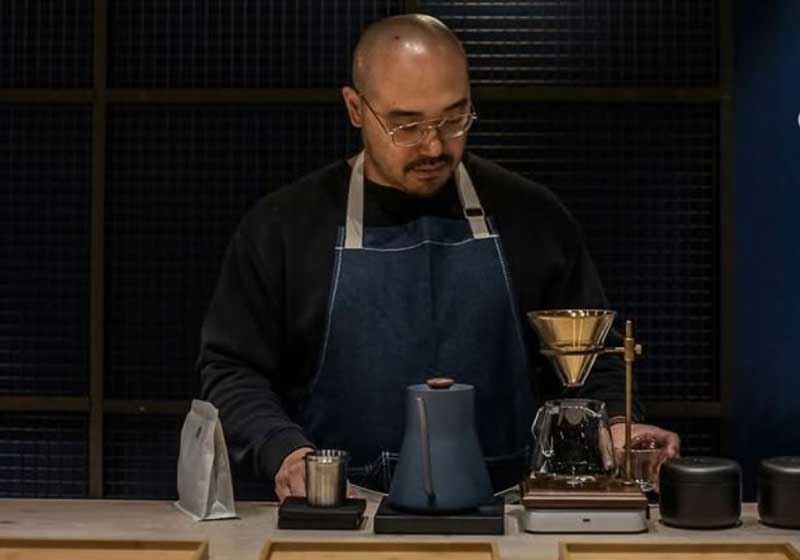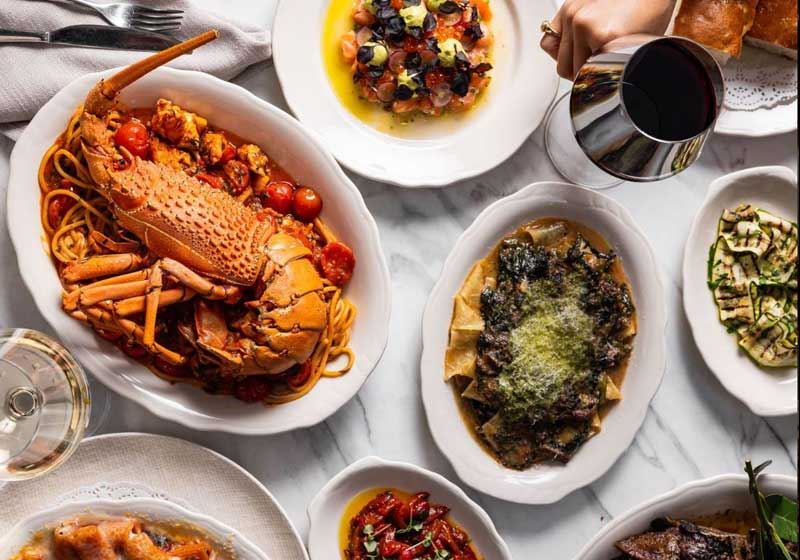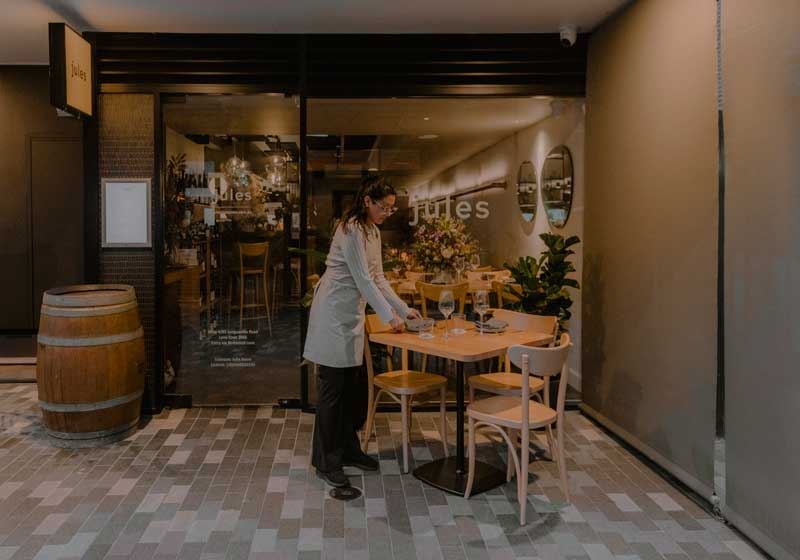By Laura Rancie.
Sizzling Sardines in Portugal:
In Portugal cooking with coal is steeped in history and an abundance of fresh local ingredients. Take the simple meal of Portuguese sardines – wherever you travel along the coastline the intoxicating smell of grilled sardines hitting the charcoal barbeque won’t be far.
Depending on what season you visit, you may just find entire festivals dedicated to grilled sardines. In fact, they’re so popular, the word 'sardinhada' literally translates to sardine barbeque and when cooked this way, leaves the skin slightly caramelised, almost toasted.
It’s a fusion of sweet, smoky and salty hitting the taste buds, served with bread you have the perfect companion to soak up the juices of oil and grilled fish. It really is a flavour you want to experience at least once!
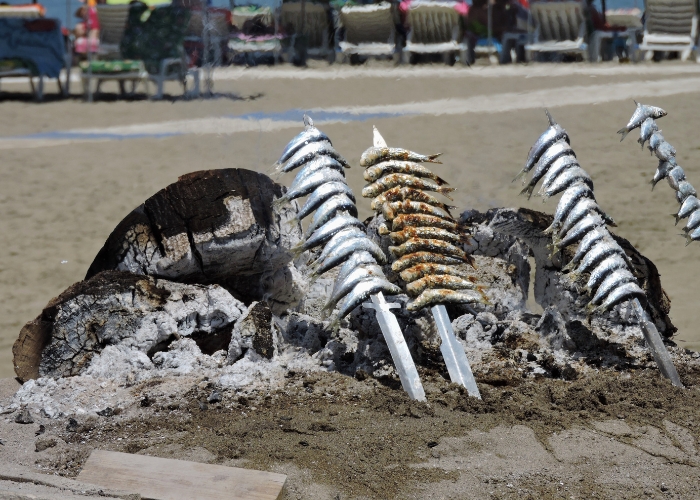
Turkish Kebaps:
Some 4500 km away lies Turkey - another country where for centuries you will find traditional food cooked over flames, cooked in pans, wrapped and stuffed food. Lamb and vegetables and olive oil-based dishes incorporating eggplants, peppers, burghul, filo, walnuts, rosewater and feta are heroes and cooking instruments like the brass mortar and pestle, bread pots and grinding stones all add to the historic culinary landscape of Turkey.

Turkish kebaps, ali nazik kebap, are a fine example of how cooking with fire has retained its authenticity into modernity. Earlier this week we discussed one of the world’s most popular dishes in every country, the trusty skewer, cooked over open flames.
The secret to great Turkish kebaps is to barbeque them over low embers, not flames. Keeping in mind the dripping fat could easily cause embers to flare, you want to light the barbeque early on and once the charcoal has ash coating it - you’re good to go!
Chilean Asado:
We travel over the Atlantic now and land in Chile where the melting pot of cultural influences from the indigenous Mapuche people with European cultures and Arabic cuisines conjure up an explosion of flavours and unique dishes.
Creative cooking methods here rely on hot stones, earth ovens and meat curing. It is in the North we focus, a region culturally embedded in barbequed and cured meats such as charqui, which is basically our version of jerky, or the famed asado – where cuts of beef, pork, chorizo and chicken are cooked in an open fire or grill called a Parilla.
Cooking this way is an integral part of the Chilean culture and the wider South American food scene, equivalent to attending your neighbour’s barbie cookout.
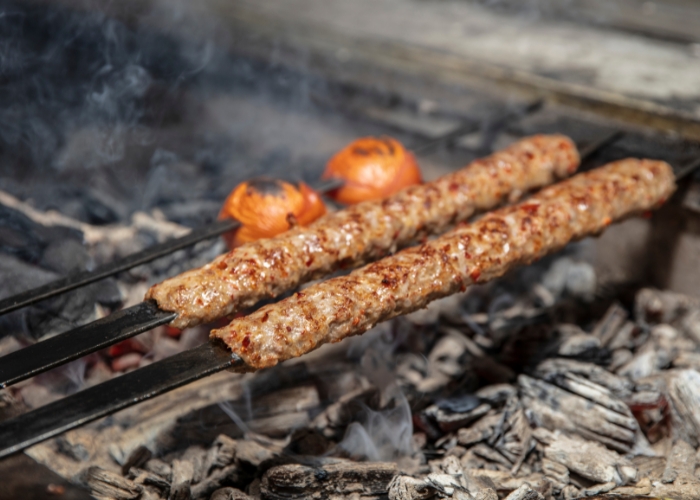
In Chile, the preparation event will last well over 5 hours as the heat from the coals must be low and constant. A whole roast lamb (asado) may be served with the local condiment called pebre, a purée derived from herbs, garlic and hot peppers.
The entire lamb is tied to a spit and roasted over the wood fire. Another popular way to cook is to skewer the meat, often lamb or goat, on a metal frame called an asador and roast it next to the slow-burning fire. Using wood from local trees is imperative for their low smoke content and to avoid introduced species, like eucalyptus which could release strong-smelling resins.
Cooking with coals transcends borders and cultures, weaving a tapestry of smoky flavours and traditions. From the captivating aroma of Portuguese sardines sizzling on a charcoal grill with their sweet and smoky allure, to time-honoured Turkish kebabs expertly grilled over low embers and the Chilean asado that brings communities together for hours of slow-cooked perfection, these culinary experiences are a testament to the enduring appeal of open-fire cooking.


